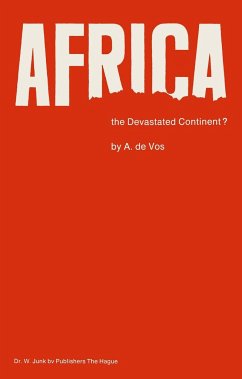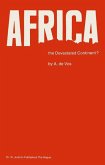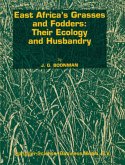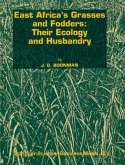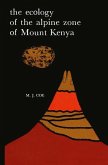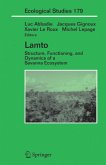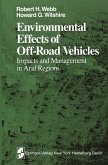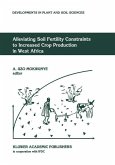Africa is not known as one of the more densely populated continents. Yet, the damaging marks of man's activities may be seen there dramatically. Many of Africa's ecological zones are fragile. Large scale soil erosion, resul tant cycles of drought and flash floods, downgrading of fauna and flora are well-known to many in general ways, as well as from detailed examination of a few areas. But large parts of Africa remain inaccessible. Very few students of Africa have the opportunity - or the tenacity - to travel over these vast areas or into the hidden corners that lie beyond the well-known routes of Africa. As FAO's Regional Wildlife and National Parks Officer for Africa, ANTooN DE Vos had the opportunity of travelling widely and studying and reporting on the acceleration of man-made changes in much of the continent. As an experienced practitioner of an important and difficult science, ecology, he has made a significant professional contribution with this book. It is our hope that those who read it will be encouraged to carryon the important work and the concern with this subject to which Dr. DE Vos has devoted so much of his knowledge, energy and personal commitments.

